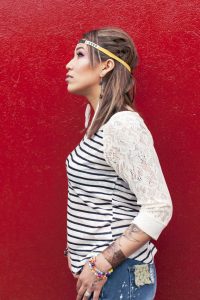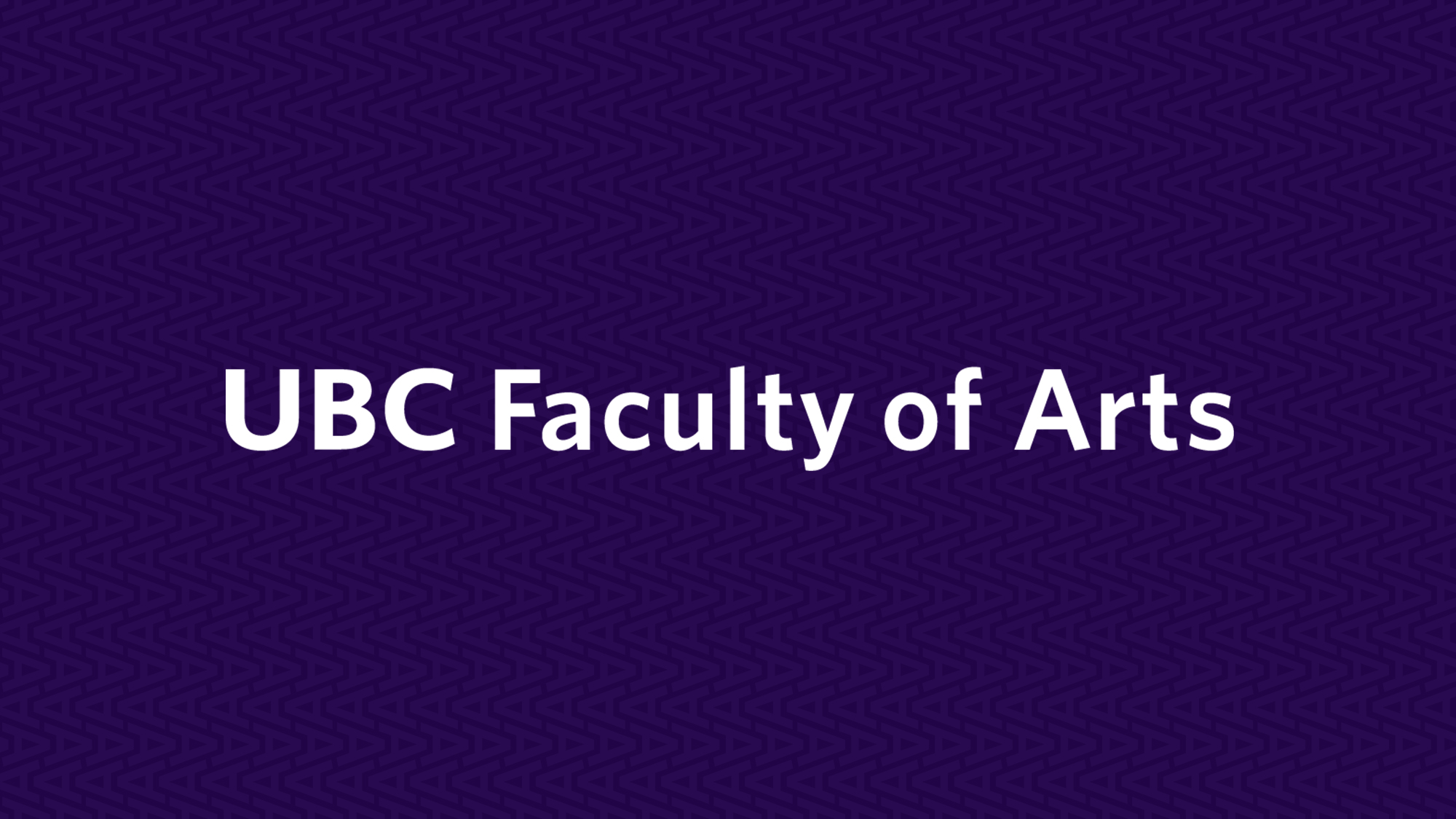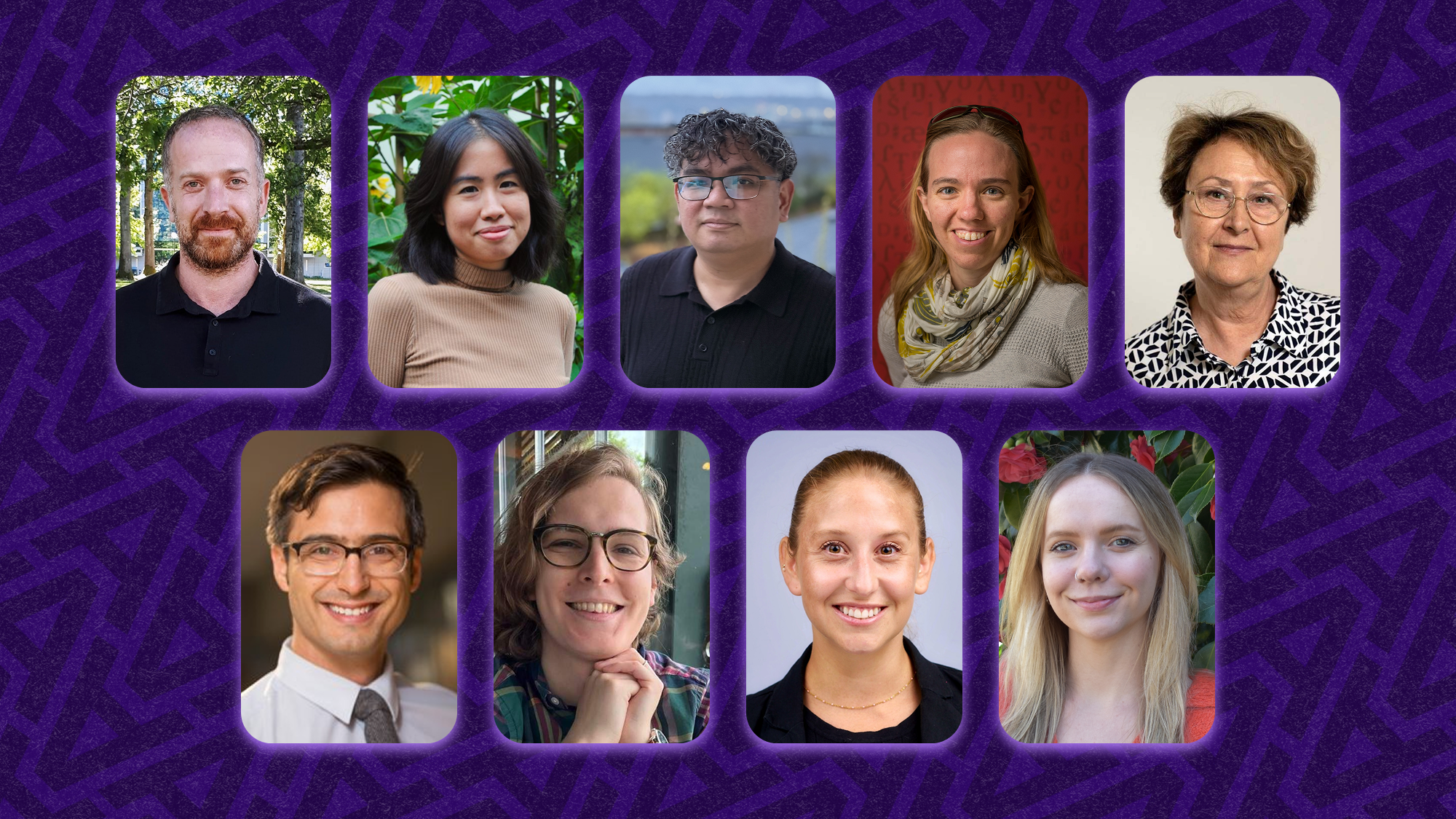Theresa Warbus is from the Stó:lō Nation. She now resides in Vancouver BC with her two children and husband, on the traditional and unceded territory of her grandfather, the Musqueam Nation. Theresa is a film student at UBC, she will complete her Bachelor of Fine Arts in Film Production in spring of 2018. Theresa has worked in the arts as an activist and hip hop artist for ten years. She recently turned her attention to film making and hopes to bridge gaps in knowledge and understanding to tell stories that are both modern and explore the traditional oral history of the Stó:lō and Coast Salish people. Theresa wants to makes films that are impactful, not only for her people, but for everyone.

What are you studying at UBC and how did you choose your specialization?
I am in in the Film Production Program at UBC on my way into my 4th and final year; I will graduate with a Bachelor of Fine Arts. I chose film production after taking an introductory program called Lens of Empowerment at the University of the Fraser Valley, I was actually going back to school for psychology – aiming to work with Indigenous youth in the school system. I ended up making my first short documentary and I fell in love with the art form, I just knew it was I am meant to be doing with my life.
Could you tell me a bit about the Museum of Anthropology Youth Mentorship project and the role that you had Summer 2016?
I was looking for work and really needed to secure something full time that would support myself, and my family, throughout the summer months. I came across the posting for the Native Youth Program Manager, running out of the Museum of Anthropology (MOA) – I felt like it was a perfect fit for my skill set and interest in working close to home! The interview was so awesome and I just love the staff at MOA, the idea of working with Native youth all summer so they could learn and thrive really excited me. So I managed the Native youth program, which included the research assistant and 6 Native youth. We created their curriculum, based on previous years’ templates, and input from staff. Then we got to work promoting the program and pulling in applicants — we interviewed youth and hired the top 6 applicants. We spent the summer learning about the in-house exhibitionist, Lawrence Paul [Yuxwelputun], the youth worked on public speaking, presenting to museum visitors, creating podcasts based on the art at CiTR, and also creating their own digital stories using machinimas – taught by an amazing Mohawk artist – Skawanatti. I basically facilitated all of this, ran the program, and mentored the youth. It was a jam packed, busy, and fun summer to say the least!
Where on campus is home for you?
I live in the family housing on campus. It’s so awesome to have our own house that is close to classes and my kid’s school. They both attend U-Hill now and they love it here!
What was it like transitioning to life at UBC as an aboriginal student?
As any student would experience – I suppose there were some adjustments to be made. I moved to campus with my little family (husband and two kids) so we all had to try and integrate ourselves into the community. I’m lucky, I suppose, because I’m in a program which is fairly small, and have remained with my same class over the three years that I have been here. I did make use of the Longhouse as a touch down point to meet other Aboriginal students, to study, and just get a taste of home – where you see other Native faces and give the “nod” – it just feels good when you know other people that are the same, get you, see you, and know what it’s like to be a minority in your own territory.
What are your go-to tips for de-stressing student life?
Oh man! Exercise and go for a nice hot tub/steam session. When everything seems crazy, I just need to put it all down, take a moment to myself so I have the energy to proceed. Whether it’s tea or a walk with a friend – anything to actually clear my mind so I can approach it with new energy.
ASA Tip: Learn more about the MOA Youth Program here. Feel like you need to unwind with a nice hot tub session? Check out the UBC Pool’s hours here.


